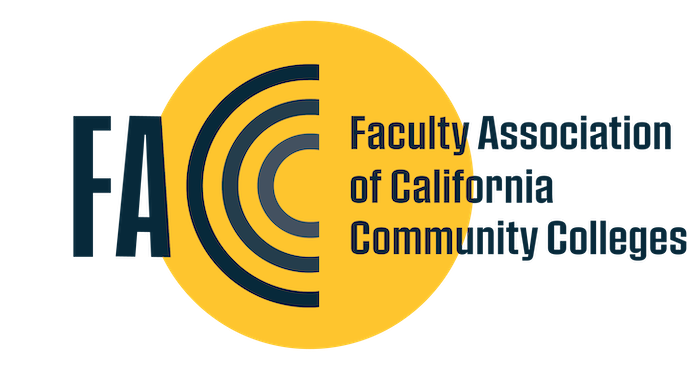In December 2022, an event occurred that caused a revolution in how we find, interact, and record information- ChatGPT was released. In response to the growing array of newly introduced software, the term "AI" (Artificial Intelligence) became a notable addition to our vocabulary. AI has revolutionized the process of writing both fiction and non-fiction books, creating artwork, and modifying existing films. This is one of the major issues in the SAG-AFTRA strike. Notably, it has been used to de-age actors, as seen in movies like the latest "Indiana Jones" and "The Mandalorian". Technology has enabled the creation of abstract animated images, as shown in the introduction to "Secret Invasion" on Disney+. These advancements in visual effects have opened new possibilities for filmmakers to bring imaginative and visually stunning scenes to the screen. This article will focus on the potential advantages of integrating AI within your roles of higher education, exploring its application in the creation of non-fiction literature, and navigating the collaborative process of working with AI as co-authors and editors.
AI writing tools can be used to generate outlines, create lecture notes, develop assessments, provide feedback on student writing, identify areas for improvement, suggest revisions, and create personalized learning experiences based on individual needs and learning styles. For instance, an English instructor could use an AI writing tool to generate a list of potential essay topics for their students, while a history instructor could use an AI writing tool to create a timeline of events for a particular historical period. Choosing the right AI writing tool is crucial for success. Each tool has its own unique strengths and limitations, so it is important to select the one that aligns with your specific project requirements. AI writing tools can be a valuable resource for community college instructors, helping in developing course materials, providing feedback to students, creating personalized learning experiences, and enhancing their own writing. These tools can help instructors streamline their workflow, improve the quality of their teaching materials, and provide more individualized attention to their students.
